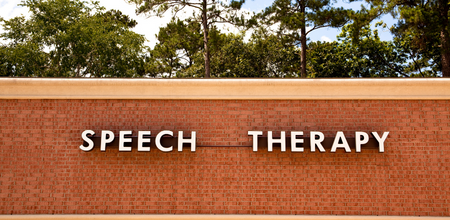Do state supports for persons with brain injury affect outcomes in the 5 years following acute rehabilitation?
Rehabilitation and Brain Injury
Categories: Cognition - Thinking and Emotional Skills, Medical Assessments, Outcomes, Rehabilitation and Recovery
Are there positive long-term outcomes for persons with TBI who receive state-level resources and supports compared to those who do not?
The Study
The purpose of this study was to determine if the availability of disability and specialized resources have a positive impact on the lives of persons with TBI. Examples of resources include federal funding for state brain injury programs, resources generated by brain injury trust funds, and expenditures for brain injury specific Medicaid waivers. This study included TBI Model Systems participants with follow up interviews conducted from 2011 to 2018 at year 1, 2, and 5 following injury. They included individuals from 48 states and Washington DC. Data collected included individual background information and national data reports on available resources in each participant’s state. Resources included 3 types of TBI specific funding and one general type of disability funding. Participants then completed outcome measures related to community participation, global functioning, and life satisfaction.
Results showed that the presence of state supports have a small but significant impact on community participation and life satisfaction. Findings consistently indicated that states with better long-term services and supports had higher levels of community participation and life satisfaction on average for persons with TBI. There was some indication that more brain injury specific supports also resulted in better participation in the community. Recommendation was made to replicate this study and extend data collection to include other environmental factors, particularly community level characteristics, that might affect outcomes from TBI.
Who may be affected by these findings? Individuals with TBI, family members, caregivers.
Caveats: This study looked at the availability of resources, not whether the participants used those resources. It is important to note that environmental and social characteristics such as level of family support, economic stability, and access to education and health care may also account for differences in outcomes that were not considered in this study. Also, some states contributed more data than others and this may underestimate the number of resources available in other areas.
Bottom Line: This study provides support for the positive impact of state-level resources on outcomes from TBI. As expected, people with more severe TBIs who live in states with more comprehensive and person-centered supports and services participated more in their communities and reported greater life satisfaction. These advantages were present despite individual-level differences and changes in outcomes over time.
Find This Study
Find this study: Corrigan, J.D., Vuolo, M., Bogner, J., Botticello, A.L., Pinto, S.M., Whiteneck, G.G. (2021). Do state supports for persons with brain injury affect outcomes in the 5 years following acute rehabilitation? Health and Place 72, 102674. DOI: 10.1016/j.healthplace.2021.102674








